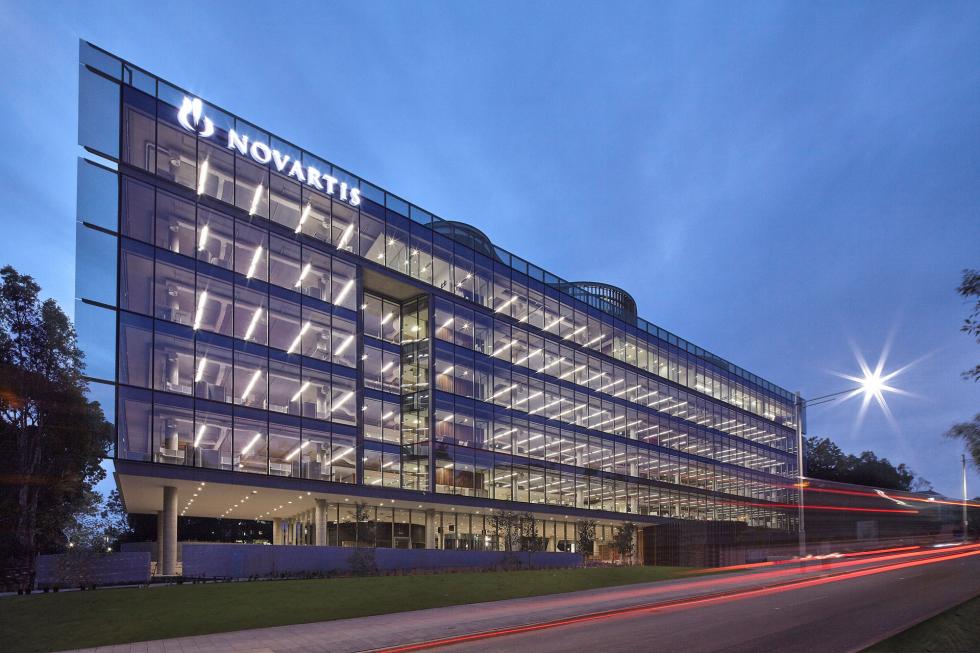Novartis adds to cancer reach with $3.9 billion acquisition

Novartis wants to be the world’s leading oncology company, and has today backed up that ambition with a $3.9 billion acquisition of a company with a novel therapeutic approach.
The Swiss pharma giant is to acquire radiopharmaceuticals specialist Advanced Accelerator Applications (AAA), and along with it a newly-approved first-in-class drug.
Advanced Accelerator Applications develops Molecular Nuclear Medicines including Lutathera, a first-in-class RLT product for neuroendocrine tumours (NETs) which gained EMA approval in September.
The sizeable acquisition helps Novartis consolidate its presence in the field of treating NETs, for which its existing treatment Afinitor is already approved.
The move is also a sign that the company wants to have a broad presence across lots of different emerging technology areas in oncology, with radiopharmaceuticals taking a very different approach to immunotherapy platforms, for instance.
Radiopharmaceuticals contain radioisotopes which are used clinically for both diagnosis and therapy. Novartis' says acquiring AAA with both near-term product launches as well as a new technology platform with potential applications across a number of oncology early development programs.
"Novartis has a strong legacy in the development and commercialisation of medicines for neuroendocrine tumours where significant unmet need remains for patients," said Bruno Strigini, CEO, Novartis Oncology. "With Lutathera we can build on this legacy by expanding the global reach of this novel, differentiated treatment approach and work to maximise Advanced Accelerator Applications broader RLT pipeline and an exciting technology platform."
Lutathera was approved in Europe in September 2017 for the treatment of unresectable or metastatic, progressive, well differentiated (G1 and G2), somatostatin receptor positive gastroenteropancreatic neuroendocrine tumors (GEP-NETs). Lutathera is under review in the US with a Prescription Drug User Fee Act (PDUFA) date of 26 January 2018.
One of the few notable radiotherapy products already on the oncology market is Bayer’s Xofigo (radium-223 dichloride).
The treatment was approved in 2013 for men with metastatic castration-resistant prostate cancer (mCRPC) that has spread to the bone. Sales of the therapy have steadily risen since then, and Xofigo is set to earn around $400 million this year.
Bayer acquired the product for Algeta for 800 million in 2009, later paying out $2.9 billion for Algeta itself.












